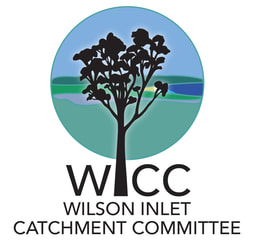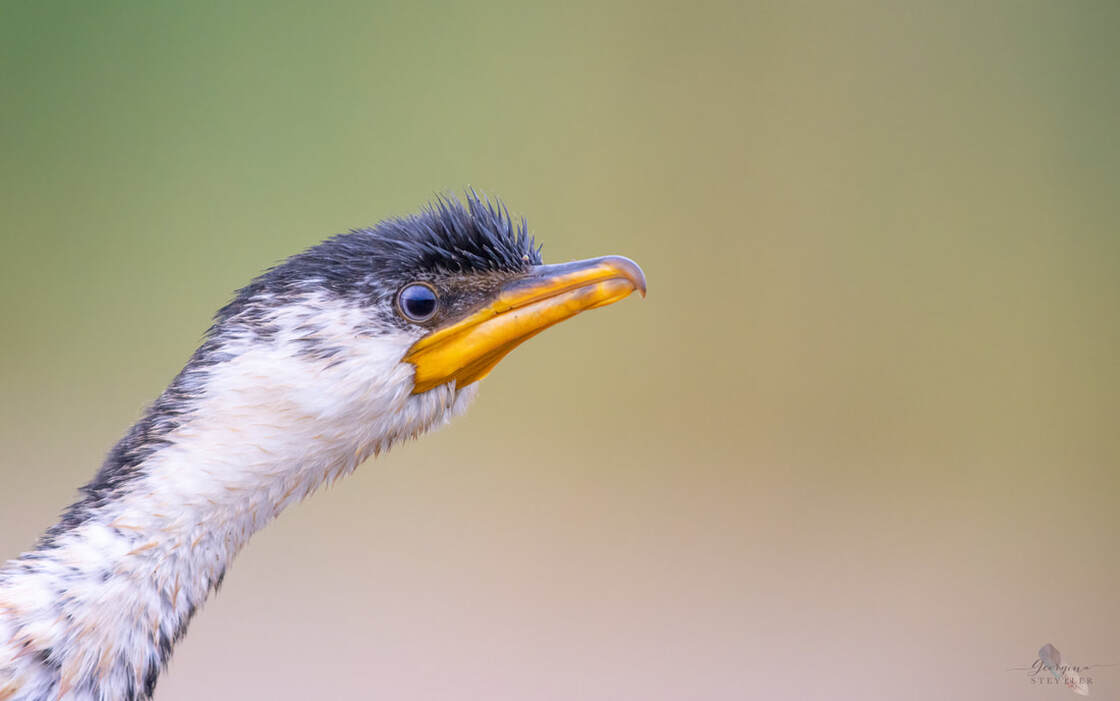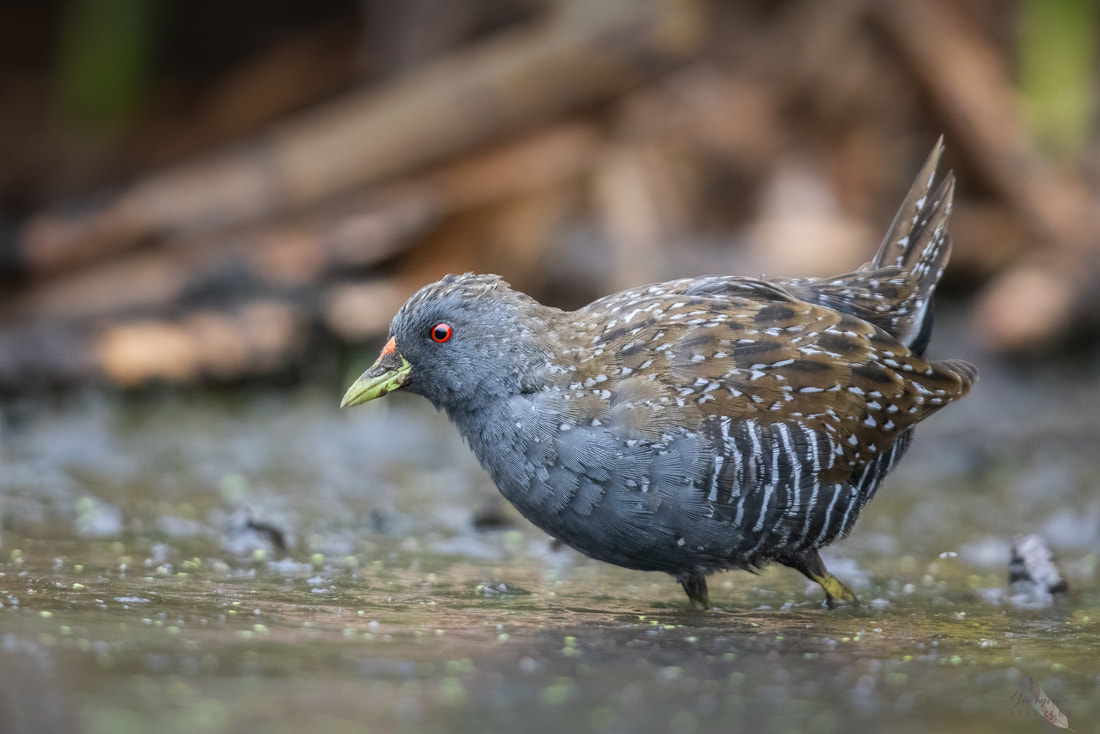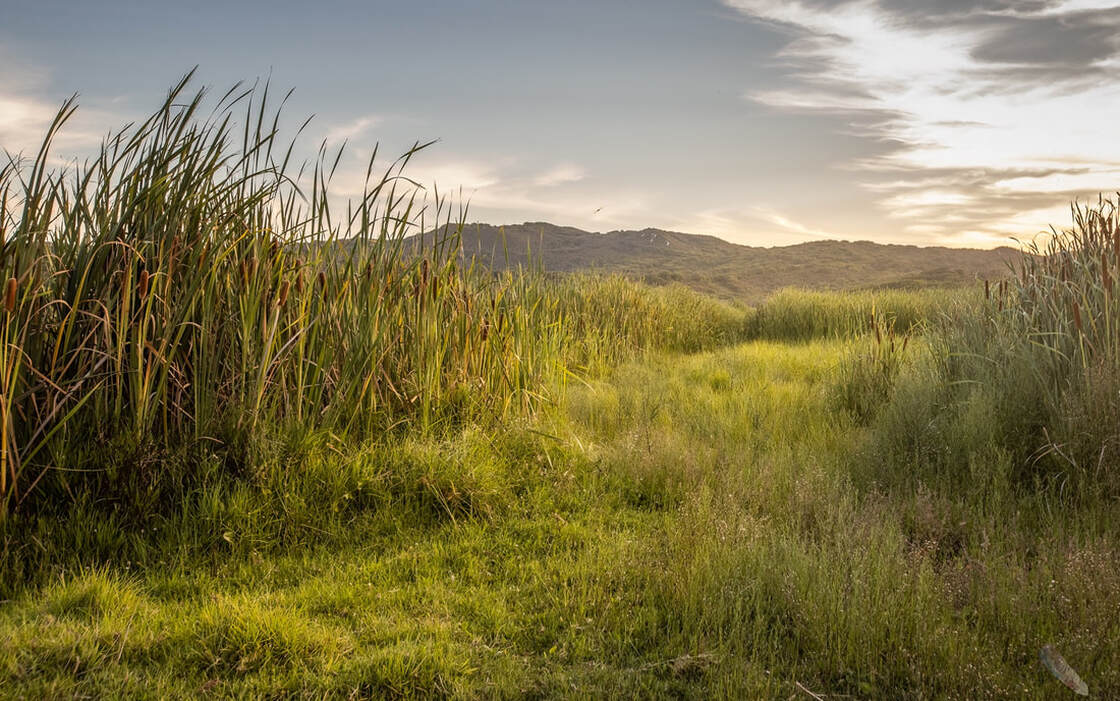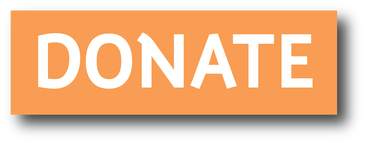How your donation will be used
Little Pied Cormorant Photo courtesy of Georgina Steytler
We need to raise $505,000 to purchase the 103 hectares (254 acre) Eungedup Wetlands. As of January 2023 we have raised $117,000. Your funds could help secure this property for conservation and provide ongoing management and protection. This includes revegetation with local provenance native seedlings, weed control, feral predator management of foxes and cats, nutrient management on adjacent properties, and monitoring of water quality, birds, and predators.
Funds can be donated directly to the Wilson Inlet Public Fund which is managed by the Wilson Inlet Catchment Committee Inc. (WICC). WICC has been delivering award winning landcare programs since 1996, with a focus on biodiversity, waterways and wetlands and sustainable agriculture. WICC is managed by an nine-member board of directors, comprised of scientists and conservation-minded farmers. To ensure Eungedup Wetlands is afforded devoted and specialised management, WICC has formed the Eungedup Wetlands Management Group comprised of relevant experts across a range of organisations to be the custodians of the wetlands to ensure their ongoing preservation.
Funds can be donated directly to the Wilson Inlet Public Fund which is managed by the Wilson Inlet Catchment Committee Inc. (WICC). WICC has been delivering award winning landcare programs since 1996, with a focus on biodiversity, waterways and wetlands and sustainable agriculture. WICC is managed by an nine-member board of directors, comprised of scientists and conservation-minded farmers. To ensure Eungedup Wetlands is afforded devoted and specialised management, WICC has formed the Eungedup Wetlands Management Group comprised of relevant experts across a range of organisations to be the custodians of the wetlands to ensure their ongoing preservation.
Australian Spotted Crake Photo courtesy of Georgina Steytler
All donations over $2 are tax deductible in Australia. Donors will receive an annual report on Eungedup Wetlands so they can see how their money is making a difference for wildlife.
Every $5,000 donated will result in the protection of over one hectare of precious wetlands. If the agreed purchase price of $505,000 is not fully raised, the management group will look to purchase a lesser area of wetland from the seller.
Every $5,000 donated will result in the protection of over one hectare of precious wetlands. If the agreed purchase price of $505,000 is not fully raised, the management group will look to purchase a lesser area of wetland from the seller.
Eungedup Wetlands Photo courtesy of Georgina Steytler
Donations of $2 or more are fully tax-deductible
